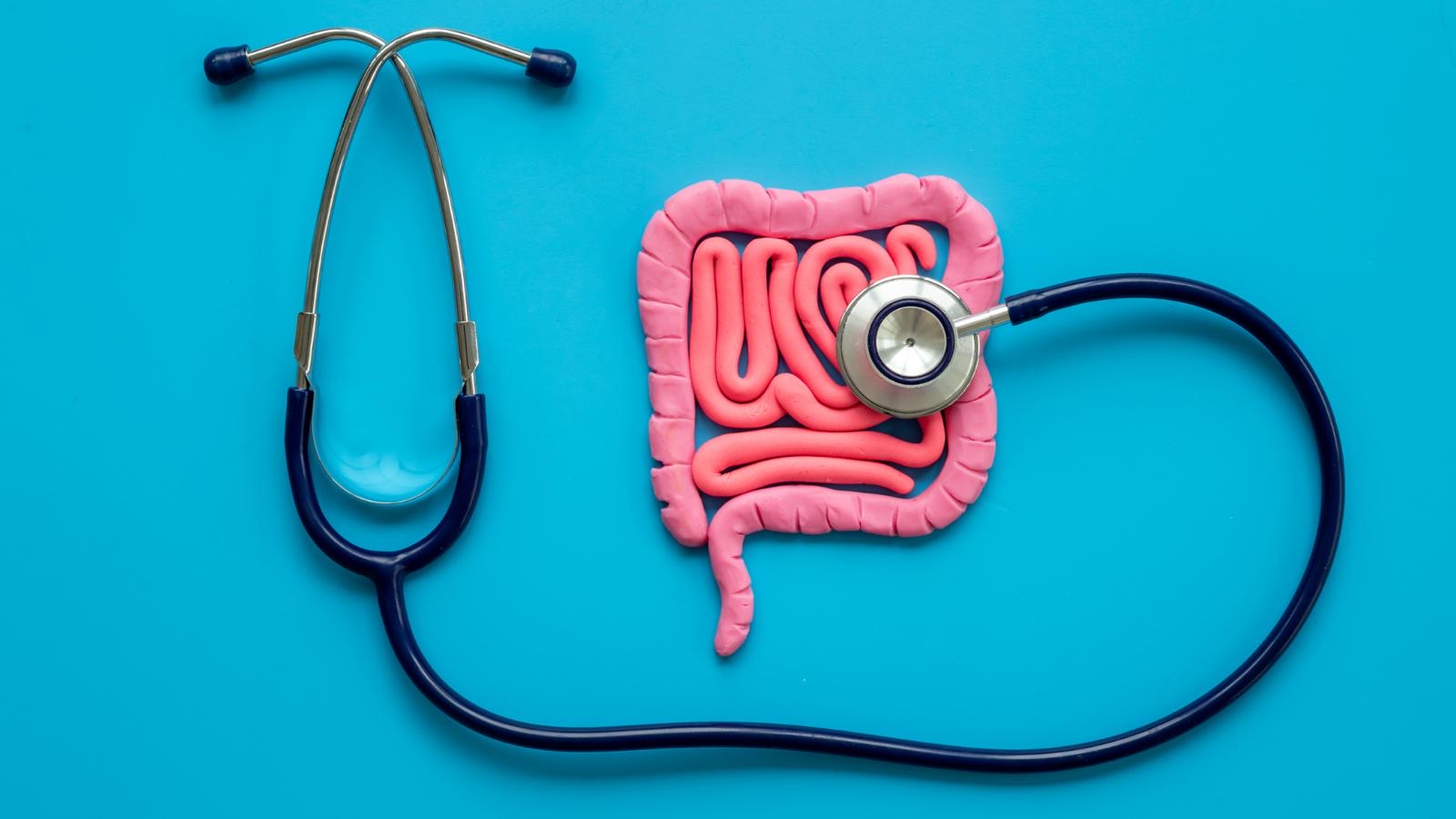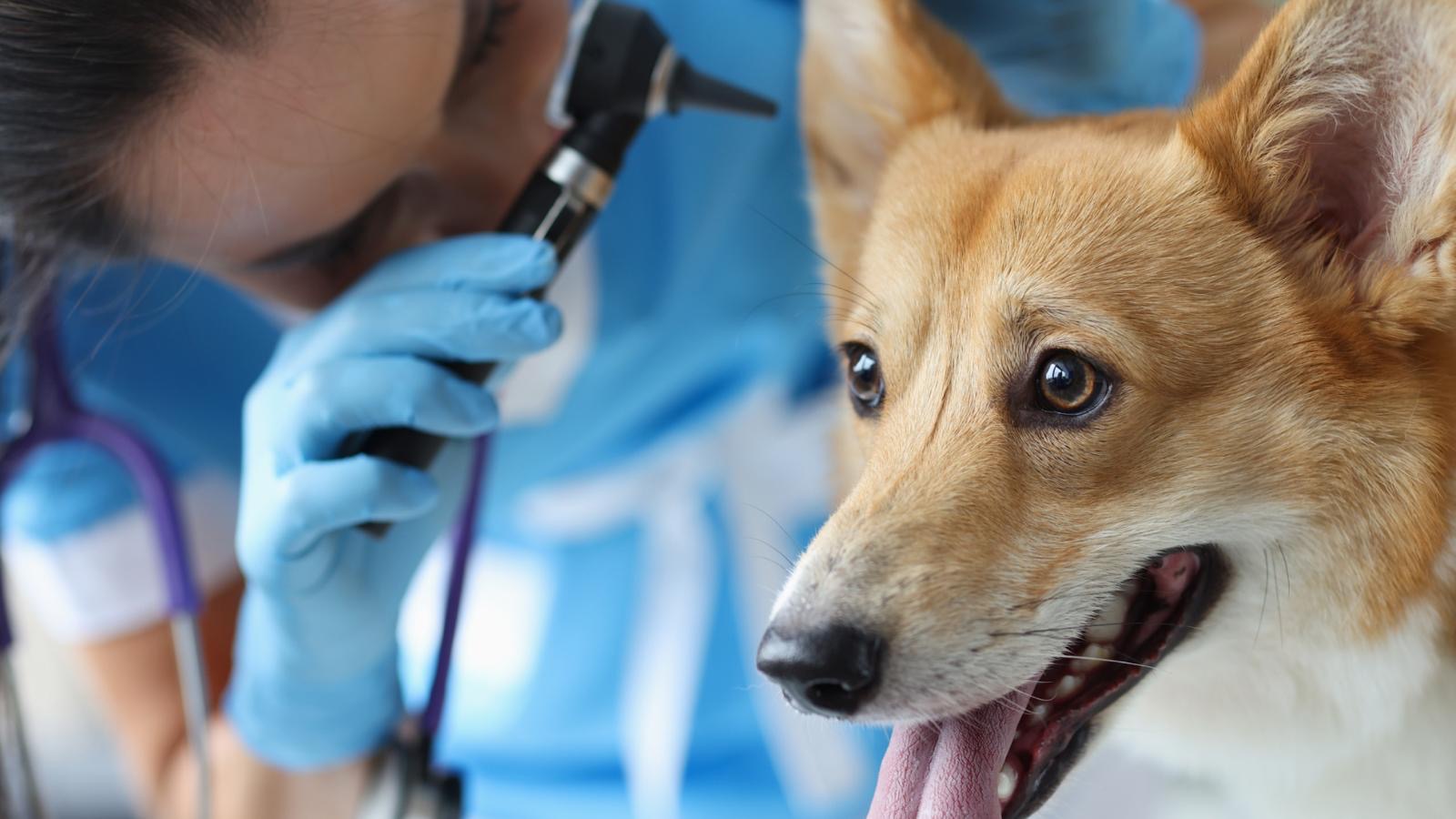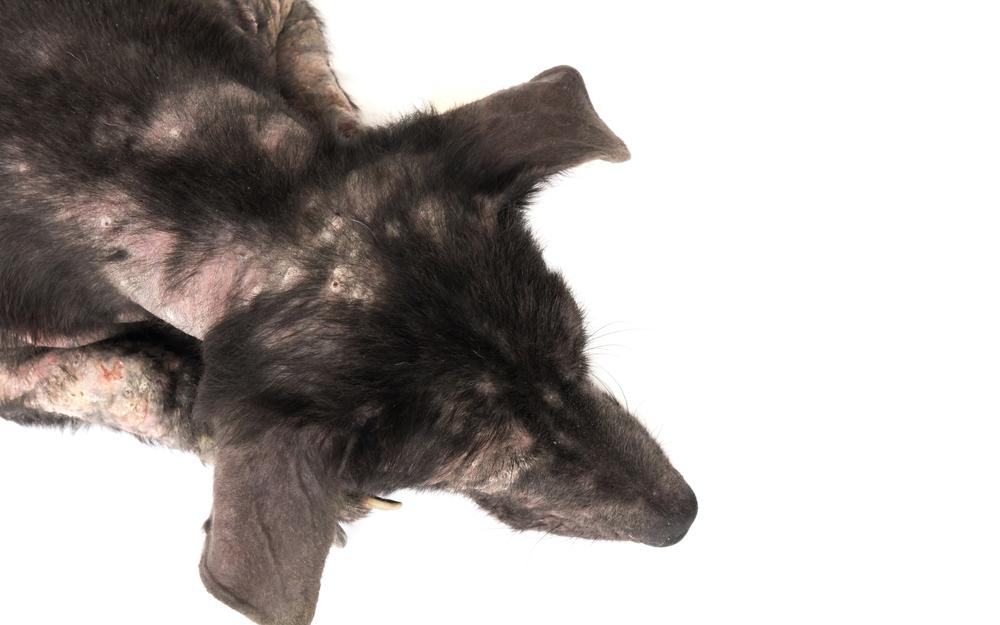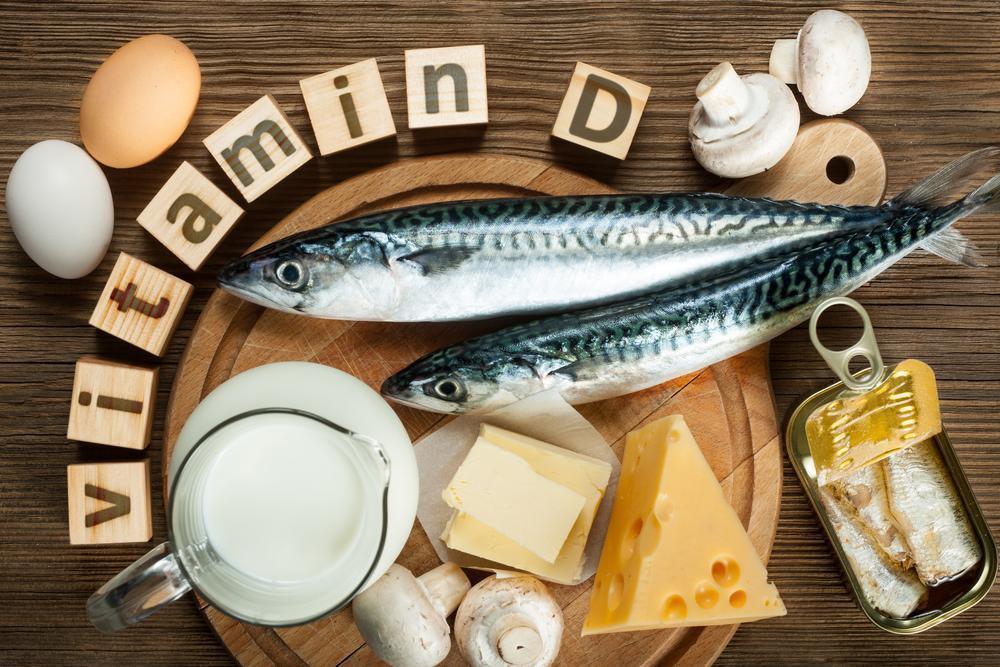Whilst every diet under the sun has been touted for its weight loss properties, keto has been liked for its benefit incases of epilepsy and cancer.
A ketogenic diet consists of high fat, with moderate to low protein and very low carbohydrate. This in a nutshell, forces the body to use fat instead of glucose for energy.
There are two reasons this poses food for thought for the canine with cancer.
Firstly, we’ll head back to the early 1900’s and pop into the lab with some sea urchins.
Otto Warburg was massively interested in the chromosomes of sea urchin eggs. He wanted to understand how they fuelled their growth. Warburg found that they increased their oxygen consumption significantly as they grew. Turning his attention to a rat tumour, he expected the same. But he was wrong. Instead, the cancer cells fuelled their growth by glucose and broke it down without oxygen. To Warburg, this made no sense, but this effect as he found, is estimated to occur in many cancers.
High concentrations of glucose are seen to significantly increase the proliferation of cancer cells.
Findings here
Not only that, but glucose has been noted to disappear from the urine of patients with diabetes after they have been diagnosed with cancer, suggesting it is recruited to cancerous areas and consumed in high amounts.
Findings here
Diets low in carbohydrate were thought to starve cancer cells, in essence. Glucose normally stimulates pancreatic cells to release insulin which allows glucose to enter cells and provide energy. When glucose is scarce, the body senses the need to make an alternative form of energy for cells. The liver then produces ketones and fatty acids, which provide for normal cells, but do not benefit cancer cells.
It also pays to mention at this point, not only is the keto diet low in carbohydrate but it is also
moderate in protein. Where low protein is no friend to anyone, protein can still be converted to glucose if consumed in high amounts through the process of gluconeogenesis, so it should be monitored.
Being in a state of ketosis has seen a decrease in glucose uptake at tumour sites and also demonstrated no evidence of progression.
Findings here
In short, there are many studies which have demonstrated benefits of a ketogenic diet in cancer, whether as an adjuvant to traditional therapy or stand alone.
Findings here
The other reason why the ketogenic diet is such an interesting concept for the canine is due to their greater capacity for fat oxidation. Compared to humans, high fat diets for the dog have been seen to increase stamina and maximise energy production in healthy controls. Relative to metabolic body size, dogs metabolise free fatty acids at twice the rate of humans. It is thought that dog albumin (a protein made by the liver, whose main role is transport of various substances) can bind more fatty acids. This is deemed an endurance-adaptation in the species.
Findings here
So not only are dogs adept at using fat for energy, in the canine with cancer, low carbohydrate diets have demonstrated clear benefits.
That said, the ketogenic diet has been seen to cause some potential side effects. The acute side effects of high fat intake are typically lethargy, nausea and vomiting, but this can be seen in many dietary changes. There are also reports of some deficiencies in trace minerals like selenium, copper and zinc, but conclusions merely indicate the potential need for supplementation if considering this diet. There are reports of elevated LDL cholesterol and kidney stones in humans consuming a ketogenic diet long term, but it is unclear how this translates to the canine.
Findings here
Despite this, literature reviews still conclude that the ketogenic diet has a protective role against tumorigenesis (the production or formation of a tumour or tumours) and that it does indicate a prolonged survival, reducing the risk of experiencing the pre-defined endpoint.
Findings here
The issue in commercial pet food is, on average, more than 45% is carbohydrate. The ketogenic diet for the canine shifts this to less than 10%. It is observed that dogs routinely enter a state of ketosis using 82% fat, 17% protein and 1% carbohydrate. After around 120 days, they may be able to maintain ketosis on a lower formulation like 69% fat, 30% protein and 1%carbohydrate. But as we know, all dogs are different and regular monitoring will inform the appropriate formulation.
Findings here
Due to the high content of carbohydrate found in commercial food, a switch to fresh food is essential. Whilst fruits are, for example, are still carb rich, the inclusion of low carb fibrous veggies can still provide certain micronutrients.
There is also evidence that fasting alongside keto can be of benefit in cancer cases. It is argued to bring about the state of ketosis sooner. There is also evidence that fasting has been seen to reduce the side effects of chemotherapy or radiation therapy. However, there is a concern that when fat stores are exhausted, muscle breakdown will begin in order to fuel gluconeogenesis, resulting in muscle atrophy. It is concluded that this pairing may not be suitable for all patients, especially in underweight cases. It should also not be attempted without the supervision of a qualified practitioner.
Findings here
The other thing to be mindful of is using the ketogenic in liver cancer. Whilst ketosis is well tolerated by a normal, healthy and functioning liver, it is essential to seek the advice of a qualified practitioner when increasing the demands on an already compromised body system. Individual case studies have highlighted that a ketogenic has been utilised in cases of liver cancer to some efficacy, but this was under close monitoring.
Findings here
As highlighted by many professionals, if using keto in a medical condition, it becomes a medical diet. It should therefore be treated as such. To avoid many of the noted side effects, supplementation can be useful, but this is specific to the individual dog. Ketosis is also a state, you can either be in it, or not. Incorrect application of the diet will affect outcomes.
Summary
There is much literature which suggests low carbohydrate diets are thought to essentially starve cancer cells. The keto diet has demonstrated significant benefits whether adjunct to therapy or stand alone and it poses particular interest in the canine due to their greater capacity for fat oxidation. There are noted adverse reactions, but they are deemed controllable.
Due to the high carbohydrate content found in commercial pet foods, a switch to a fresh food diet is essential, but if using the diet in a medical condition it should really be treated as such. Whilst keto has demonstrated benefits in many cases, there are of course conditions such as liver cancer in which it should be carefully considered and probably not suitable. Keto in a cancer treatment protocol is simply considering one piece to the puzzle; those genetic, environmental, and other nutritional elements may still be applicable. If you would like to discuss any dietary changes for your pet, then please book a consultation.
If you want to find our a little more before booking with us for guidance on cancer support, check out
Ketopets Sanctuary.
Thanks for reading!
MPN Team x
















